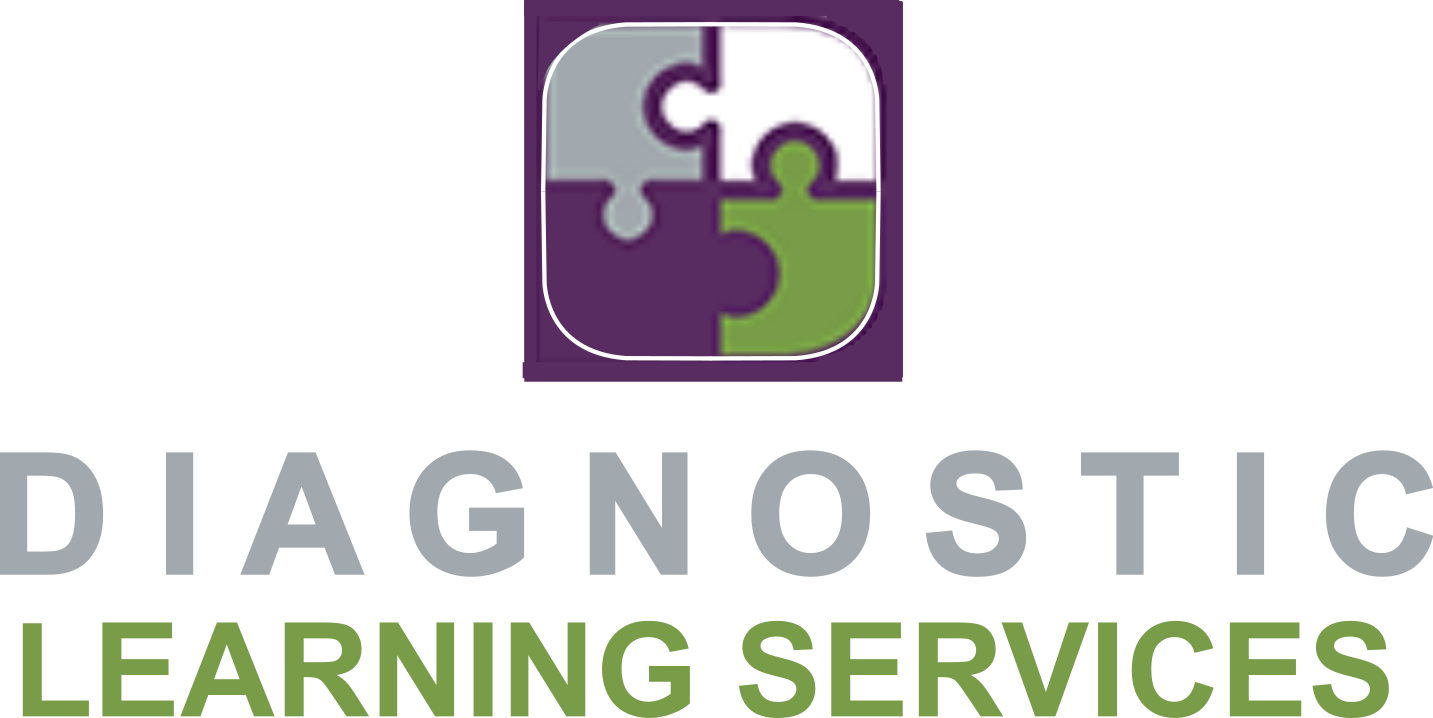Ways to Support Parents of Children with Learning Differences
Supporting parents of children with learning differences is so essential for ensuring the well-being and success of both the child and the family as a whole. Here are several ways to provide support that I hope you find very beneficial:
Education and Information
Provide parents with accurate and up-to-date information about their child's specific learning differences, including resources for further reading and learning as well offer workshops, seminars, or webinars on topics related to understanding and supporting children with learning differences.
Individualized Guidance
Offer personalized guidance and support tailored to the needs of each family, considering factors such as the child's diagnosis, strengths, challenges, and goals and let’s connect parents with specialists, such as educational psychologists, speech therapists, or special education teachers, who can provide individualized assessments and recommendations.
Peer Support Networks
Facilitate connections between parents of children with similar learning differences, either through support groups, online forums, or parent networking events in addition to offering peer support networks that lend opportunities for parents to share experiences, exchange advice, and offer emotional support to one another.
Access to Resources
Provide information about available resources and support services, including educational accommodations, assistive technologies, and community-based programs and encourage parents to navigate the process of accessing support services, such as applying for individualized education plans (IEPs) or 504 plans in schools.
Collaboration with Schools
Foster positive relationships and open communication between parents and school staff, including teachers, special education coordinators, and administrators. It is so important to advocate for parents' involvement in decision-making processes related to their child's education and support needs.
Practical Strategies
Offer practical strategies and tips for supporting their child's learning and development at home, such as creating structured routines, providing multisensory learning experiences, and fostering a supportive and encouraging environment as well as provide guidance on managing challenges related to homework, organization, time management, and behavior.
Emotional Support
Offer empathetic listening and emotional support to parents, acknowledging the challenges and concerns they may face in supporting their child with learning differences. Remember to validate parents' experiences and emotions, and encourage them to prioritize self-care and seek support for their own well-being.
Advocacy Training
Provide training on advocacy skills and strategies to empower parents to advocate effectively for their child's educational rights and needs along with offering guidance on navigating the special education system, understanding relevant laws and regulations, and effectively communicating with school personnel.
Celebrating Achievements
Recognize and celebrate the strengths, progress, and achievements of children with learning differences, as well as their parents' efforts and contributions as we strive to create opportunities for parents to share success stories and celebrate milestones with their peers and support networks.
Long-Term Planning
Assist parents in developing long-term plans and goals for their child's education, transition to adulthood, and independent living skills. Additionally, provide information about post-secondary education options, vocational training programs, employment opportunities, and community support services available for individuals with learning differences.
By offering comprehensive support to parents of children with learning differences, you can empower them to advocate for their child's needs, build resilience, and foster a positive and supportive environment for their child's growth and development.
